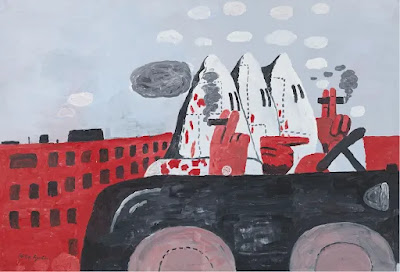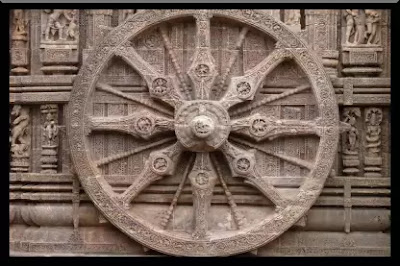Four predictions for post-pandemic Higher Ed

I recently spoke at an Education Conference and was asked to comment on what is likely to happen in Higher Ed sector post-pandemic. My presentation was about four key changes. I am not sure it resonated with the audience - I very much looked the odd historian trying to talk about the future - but I sincerely believe what I mentioned. Therefore, it is wothwhile to record these observations here, before they were completely forgotten, even by me! My broad point was that pandemic, traumatic and game-changing as it has been, is not the only force changing higher education. Otherwise, after the infection numbers start falling and we start facing safer again, everything would have gone back to how it was earlier. However, a number of things happened in the last few years, which, taken together, would have a profound effect on how we live now. Before we attempt making a prediction about what happens to Higher Ed, it is definitely worth taking stock of what's changed. Here are some...



